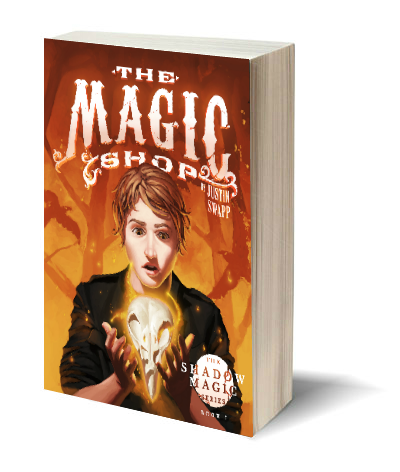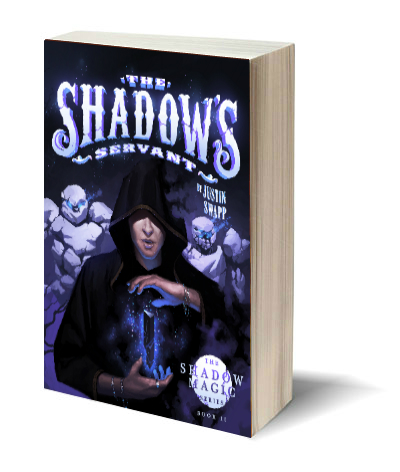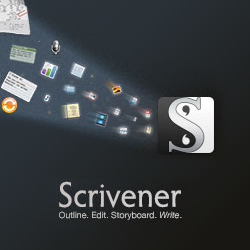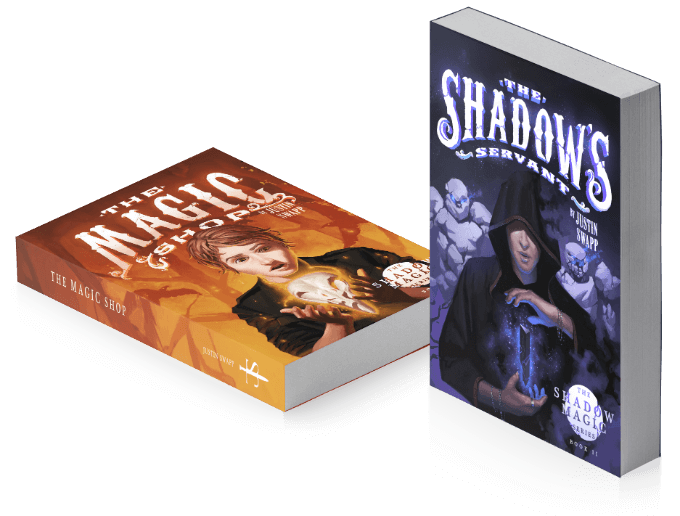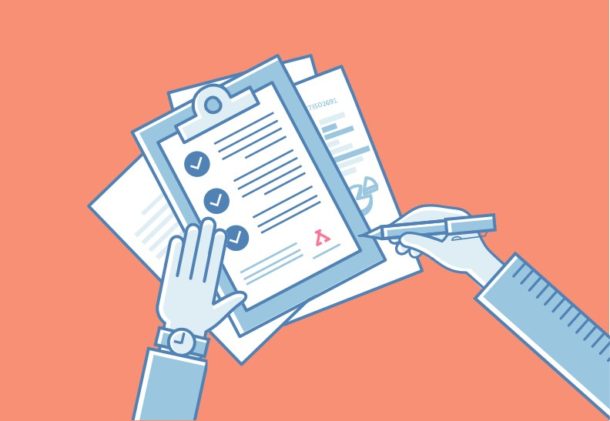If you’re a writer, you’ve probably heard of Scrivener by now, right? Scrivener is widely held as the writing app (software) of choice for novelists, playwrights, bloggers and everyone else that slings text. Today we’re going to explore, at a high level, why Scrivener is considered so powerful for the modern-day copy ninja.
The One-Stop Shop
Today, we’re in the middle of a desktop publishing renaissance of sorts. The hardware and software that we’re toting around is powerful. If you have the 1) software, 2) skill, and 3) time you can produce all things digital you want from your device of choice. For example, I dictated most of this post into my phone on my commute to work (I know, crazy.) I edited it at home in my study.
So, you might be a blogger just looking to post something, or a novelist hoping to write the next best-seller. Perhaps you’re considering making an ebook,  or might still be interested in publishing print books. The A-Z process you go through today isn’t the same as it once had to be. Really, you need to merely find a way to minimize your distractions, and streamline your workflow.
or might still be interested in publishing print books. The A-Z process you go through today isn’t the same as it once had to be. Really, you need to merely find a way to minimize your distractions, and streamline your workflow.
This is why, ultimately, writers flock to Scrivener—because, in effect, it’s an all-in-one creative studio, a one-stop-shop app for all your publishing needs. That’s not hyperbole, mind you. Scrivener lets easily create and organize text, gives you the flexibility to format and move it around, and, when you’re ready, to publish in almost any format that suits you.
Scrivener Brings Order to Chaos
If you’ve been a creative type for a while, then you understand what it takes to let your creativity out. Unless you glow in the dark, some phase of your creative process probably feels like a hot mess. As you mature in your creativity, you realize this is a necessary evil—part of the process. At some point, however, you have to bring order to it all. Each of us goes through a journey to figure how to  accomplish that. You might have a certain time of day during which you are better able to focus, a process you’ve discovered that simplifies things for you, or a tool of some kind that makes up for a weakness. Ultimately, you have to switch from one side of the brain to the other, and you have to bring order to it all so that you can produce a finished product.
accomplish that. You might have a certain time of day during which you are better able to focus, a process you’ve discovered that simplifies things for you, or a tool of some kind that makes up for a weakness. Ultimately, you have to switch from one side of the brain to the other, and you have to bring order to it all so that you can produce a finished product.
This is where Scrivener comes in handy. The flexibility that it gives you with your writing is unparalleled. You can write short form, or long form. Do you want to collect research in an intuitive way and not have to search you’re whole computer for your last crazy idea? No problem. You can organize it however you want, collect images, and other media, even whole web pages—right in the app. All in one place. So, in other words, scrivener allows for you to be messy, in your own way, your style, and on your terms. Then, when you’re ready, it’s there to help you organize and make sense of it all.
The Corkboard and Index Cards
The intent of this post isn’t to go into all the features under Scrivener’s hood (There. Are. Tons.,) but, as a Novelist, I wanted to call out a few of my favorites. Several of Scrivener’s most useful features are it’s corkboard and index cards. If you write long fiction, like me, this is  particularly useful. Scrivener allows you to write notes or blurbs on index cards, and to move them around on a virtual corkboard. This is an amazing feature when trying to organize scenes and chapters, and distinguishing them from each other. But, don’t despair as this easily translates to other types of writing as well. For example, if you’re a blogger, you might want to map out your blog posts for a given period of time, say, for the year. You can brainstorm the topics, write them down, and move them when you realize that one topic lines up better with a holiday, or some other event you had forgotten about. Just drag and drop. Bam.
particularly useful. Scrivener allows you to write notes or blurbs on index cards, and to move them around on a virtual corkboard. This is an amazing feature when trying to organize scenes and chapters, and distinguishing them from each other. But, don’t despair as this easily translates to other types of writing as well. For example, if you’re a blogger, you might want to map out your blog posts for a given period of time, say, for the year. You can brainstorm the topics, write them down, and move them when you realize that one topic lines up better with a holiday, or some other event you had forgotten about. Just drag and drop. Bam.
Ultimate flexibility
Finally, as I’m sure you realize, it takes a lot of time to write. So, most of us are obsessing about how to be more productive, and get more out of our fleeting time. One of the great things about Scrivener is that it is virtually available on every platform you can imagine. It’s on your Windows PC, your Mac laptop or desktop computer, and also now on your other Apple products, like iPhone and iPad. Remember, at the beginning of the post I mentioned that I dictated the first draft of this post? Yeah, #awesome.
So, as you reconsider your workflow, think about having writing app that lets you write from wherever you are, on virtually any device you own. You can pick up where you left off, and keep going while you’re on the go. You no longer have to stand in line or wait around at the doctor’s office playing mindless rounds of Candy Crush. Pop open Scrivener, and write your next blog post, or finish that scene you were working on. Writing doesn’t happen on it’s own. And now that you know about Scrivener, you have no excuse to avoid improved productivity.



